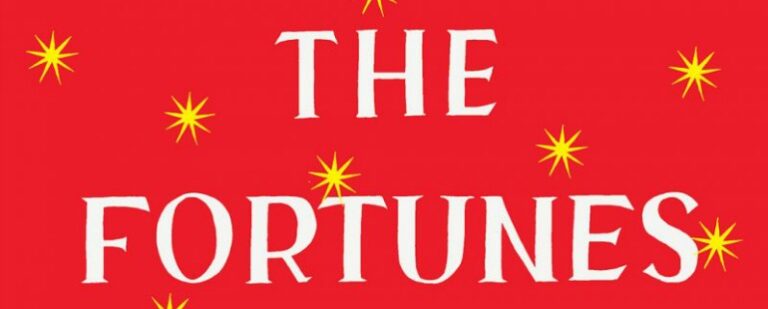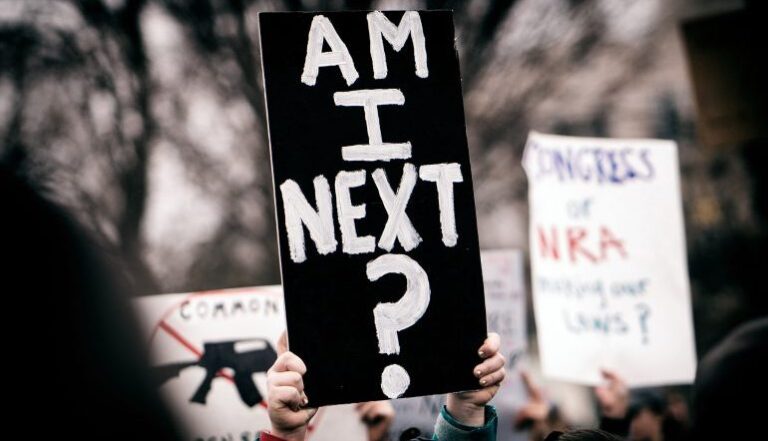“He Had Crossed to Arrive There”: A Playlist for Italo Calvino’s Invisible Cities
Every time I read Italo Calvino’s Invisible Cities I get something different from it. Like NPR’s Eric Weiner writes, “I leave it, again and again, and yet never discover it—never really know it.” This latest reading, for me, boils down to one thing: the act of searching, of trying to grasp something that’s always just beyond our reach. (In this month’s playlist: “Exposition” by Takenobu.)
Marco Polo ventures out into the world and returns to Kublai Khan with descriptions of cities. He categorizes them, finds a way to organize his experiences so that he can better understand them, and in understanding them, communicate them to the Mongolian founder of China’s Yuan Dynasty (“The Heroic Weather-Conditions of the Universe, Part 7: After the Storm” by Andre Desplat). He conveys images of cities and memory, cities and desire, cities and signs, thin cities, trading cities, cities and eyes, cities and names, cities and the dead, cities and the sky, continuous cities, hidden cities.
These are different pieces of different cities, but they all, in essence, equate to one place. Calvino’s Marco tells Khan, “Every time I describe a city, I am saying something about Venice” (“Carnival of Venice” by Canadian Bass).
Allow me one more quote:
Perhaps I am afraid of losing Venice all at once, if I speak of it. Or perhaps speaking of other cities, I have already lost it little by little.
Marco Polo holds Venice as his home, and yet it drifts further and further out of his reach.
A week ago I was summoned for jury duty in Florida, my home state, where I no longer live. I went online, filled out a form, and didn’t think anymore of it. Then, yesterday, my mother called to tell me I got a notice in the mail saying I needed to report for jury duty in two days. I wondered briefly about how to open up a wormhole, or Apparate, or Beam-Me-Up-Scotty, before she gave me a number to call and my juror ID.
So I called. It was a painless transaction, but I was a little rattled when I hung up nonetheless. “To be excused from your summons,” the woman told me, “you need to trade in your Florida driver’s license for an Iowa driver’s license.”
I’ve been putting off going to the DMV for months, not because I don’t love Iowa, but because trading in my license severs my last connection to home, takes away my identity as a born-and-raised Floridian, and though I know the sawgrass and gators and wild tropical storms will always make up my bones, like Polo and Venice I can’t help but be afraid of losing that sense of home little by little.
I’ve always been a searcher. In elementary school, my best friend and I wandered neighborhoods and canals and climbed trees searching for Cuban Anoles and Green Anoles. In college I kayaked down a river in the rain while alligator after alligator slid into the water. Last year, in the Badlands, a couple friends and I woke early to follow the cooing of mourning doves up and down rocky hills before the others got up. Just to see what we could see. Even now I keep a tent and sleeping bag in the trunk of my car so I’m always prepared to wander, to follow narrow roads and trails in search of something I can’t quite identify.
When we were kids, my brother and I, and our friends, used to play Marco Polo in the pool. We’d close our eyes, shout, “Marco!” and listen for distant, sometimes whispered, cries of “Polo!” We’d grope our way around the pool’s edge, gripping concrete to guide ourselves in darkness, sometimes pushing off into the middle of the pool to chase after a quiet splash, grabbing blindly for an arm, a leg, a shoulder. Anything slick that meant we could open our eyes again.
Sometimes we’d dive for ankles, hoping we could move faster underwater than those wading, that if we were quick enough we could catch something elusive and slippery and hold it firmly in our hands. This is the way Calvino’s Polo approaches his cities; he sneaks up on them sideways, the way my brother and I snuck up on our friends in the pool, telling the story in bits and pieces through peripheral vision, hoping to hold onto the fragments of them (“L’evasion” by Montreal Guitar Trio).
Invisible Cities is a book I get lost in when I feel that fist-pull in my gut that means I’m searching again, searching for something. I asked my mother recently if she still feels like she’s searching, and she told me this: if you’re not, you’re dead. Maybe the eerie cities of the dead in Invisible Cities are made up of those who’ve stopped searching (“Shirabe-Sagariha,” a traditional Japanese song). Maybe this is what makes these sections so unsettling. Because at the heart of Invisible Cities is the idea that we are always seeking what lies ahead. Like the men in Calvino’s book in pursuit of the woman they never catch up with, we are always searching.
Calvino’s book is a quiet book, a book to be digested slowly and in pieces, the same way it’s written. It is lyrical and it is absurdist (“Loquasto International” by Mark Mothersbaugh). It is a book in which the words tell the story and are the story (“Memorial” by Narlia Village Troubadors, “The Ghost on the Shore” by Lord Huron). Like the ocean Calvino’s Marco Polo must have sailed across, his words stretch out out out, urging us to follow.
The Playlist: Invisible Cities


